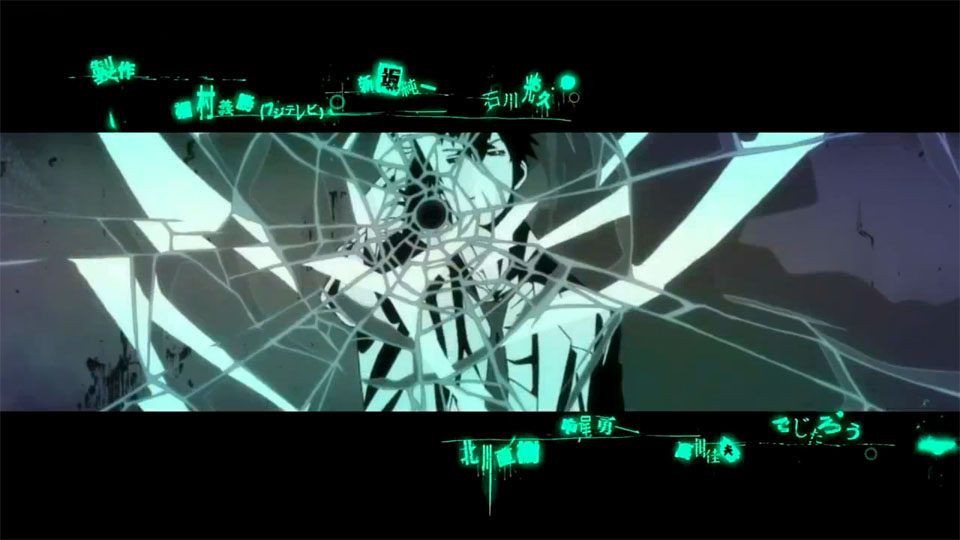04.07
Psycho-Pass is one of those shows with a decent enough first half, only to drop the ball come the second batch of episodes.
Honestly, Psycho-Pass never broke new ground even in the first half of the series, but what it did it did well. In a sea of moe titles, it was the first anime cop drama I’ve seen in a good long while, so that alone was reason enough for me to watch it. The first arc pretty much establishes the cast of characters, the whole futuristic Minority Report style way of policing things, and the villain out to prove that the current system of judging criminals is faulty. It was all full of things that have been done before, but it was just such a nice deviation from what has become the norm for anime as of late that I didn’t mind.
And then the second arc started.

As of the typing of this post, I still have no idea what the guys behind Psycho-Pass were thinking when they introduced the incredibly meme-able term “hyper oats.” Yes, technically the stakes were raised in that rather than threatening a major area of Japan, the entire economic structure of the country was being threatened, but the means taken to follow through with such just seemed so ridiculous and out of place for the series. The ongoing theme in the first arc was the whole concept of who decides your fate and what justice truly means, with characters and their actions reflecting said concepts accordingly. So for the theme to be nearly dropped in its entirety in latter episodes was heavily disappointing.
Later episodes explaining character backstories seemed uninspired and unnecessary. In the case of Enforcer Yayoi, I absolutely didn’t care for her backstory, which just served to interrupt the flow following the climax that was the episode preceding it. Meanwhile, characters that you would assume to have more thematically apparent roles are short-changed. Masaoka, an inspector from the days way before the Sybil System was even created, would seem like an endless source of interesting writing for the series. All that potential, however, is flushed away, with him being used as a mere plot device for the sake of Kogami, who’s busy being a badass to really make you care that he’s hunting down Makashima.
Come the series’ climax and final showdown between Makashima and Kogami, it’s apparent that the show is hinting that some things require outside-of-the-law Batman-type justice… or at least you’d think that, but then you have Akane representing the mindset of every other character in the show insisting that proper justice must exist within the law, even going as far as restricting all her actions to fall in line with the Sybil System which she clearly disagrees with. Themes just end up being jumbled together in a big mess and you’re not really sure what to make of it.
In the end, I feel like Psycho-Pass took on a bit more than it could handle. Even with all its faults, though, it was a nice change of pace from recent anime and was a fun hyper-oats-induced ride, if anything.